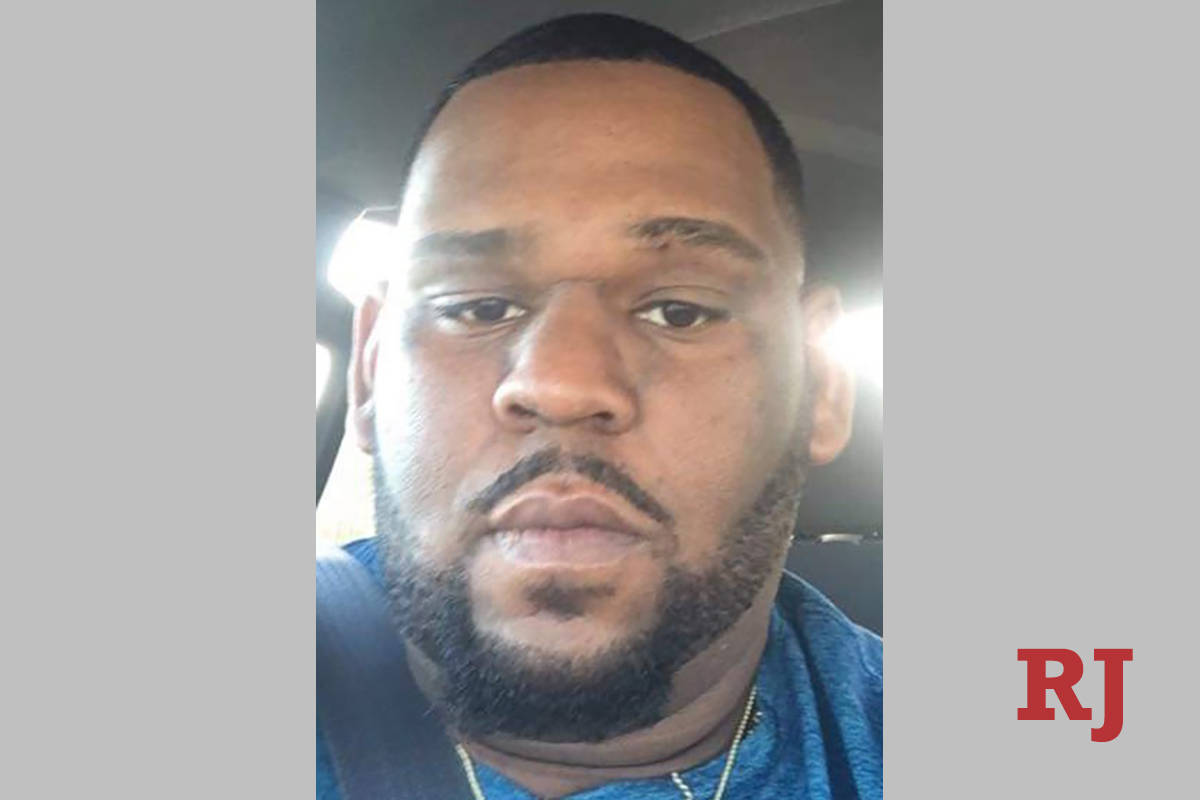Coronavirus tests ordered for ‘high-risk’ prisoners at Pahrump facility
A federal judge on Tuesday ordered the Nevada Southern Detention Center in Pahrump to test inmates housed in a “high-risk” unit for the coronavirus.
The order from U.S. Magistrate Judge Brenda Weksler came less than two weeks after 29-year-old Brandon Patton, who was being held at the privately run federal detention center while awaiting sentencing, died of the virus. He was the first known inmate held in Nevada to die of COVID-19.
In court on Tuesday, Weksler said she was ordering inmates housed in the high-risk unit, which has 14 people, to be tested to gather more information in the case of another inmate, Freddie Prentiss. Prentiss, who lives in the unit, has filed a motion to be released from the facility because of the pandemic.
Officials with the detention center, which is run by CoreCivic, said in court that as of Tuesday there are 38 inmates in the facility who have tested positive for the virus.
It was unclear how many people are in custody at the facility, which also houses U.S. Immigration and Customs Enforcement detainees. The U.S. Marshals Service and ICE did not respond to requests for comment.
According to data posted on ICE’s website, last updated Monday, there have been 11 people in the agency’s custody at the detention center who have tested positive since the start of the pandemic, and there is one current case at the facility.
CoreCivic later said that since the onset of the pandemic, Nevada Southern has had 25 staff members test positive for COVID-19. Of that number, the company said, four are active cases, and those employees are self-isolated at home in communication with their health care provider.
Prentiss’ attorney, Chris Rasmussen, argued that the detention center has not consistently tested inmates and is not testing staff members.
Days after Patton’s death, a detention officer who worked at the facility also died of “potential COVID-19 related issues,” CoreCivic has said in a statement.
“I just think that we’re going to see another death if Freddie gets infected or exposed to this disease,” Rasmussen said in court.
Rasmussen said that Prentiss has grown more concerned that he will get sick since the news of the two deaths. Before Patton died, federal public defenders filed two motions to release him because of underlying health conditions, but both were denied.
A medical official with the detention center confirmed during the hearing that Prentiss is in the high-risk unit because of “moderate” asthma.
In court filings, Assistant U.S. Attorney Nicholas Dickinson said “the mere existence of COVID-19 does not counter the overwhelming evidence that (Prentiss) is a danger to the community.”
Prentiss has pleaded not guilty to robbery, use of a firearm in relation to a violent crime and being a felon in possession of a firearm, court records show. He is accused of stealing money from a Family Dollar store in Las Vegas in July 2018. His trial is scheduled to start in March.
Prentiss has drug-related convictions in 1990, 1991 and 1999, with a 2004 conviction for participation in a racketeering organization in connection with the Rollin 60s Crips gang, according court records filed by the prosecution.
Although the Marshals Service said that starting next week, all new arrivals at the detention center will be tested, Weksler questioned how officials could know the full scope of the outbreak without facility-wide testing.
In a phone interview Tuesday, Rasmussen said the judge seemed shocked that officials didn’t have straight answers.
“That puts everything into question,” Rasmussen said. “What are they really doing out there?”
Contact Katelyn Newberg at knewberg@reviewjournal.com or 702-383-0240. Follow @k_newberg on Twitter.























